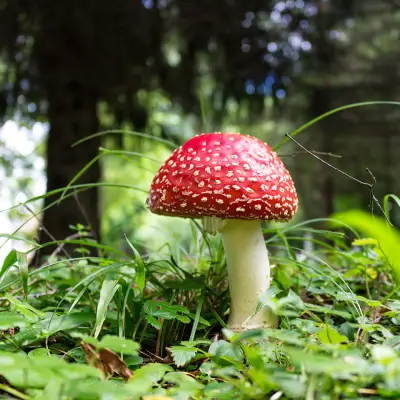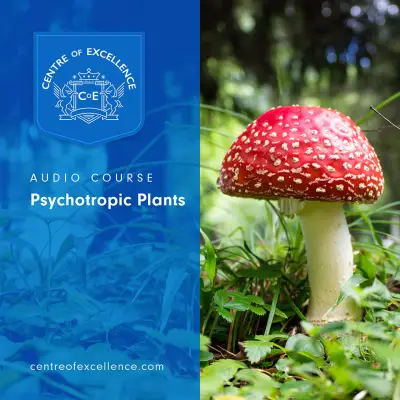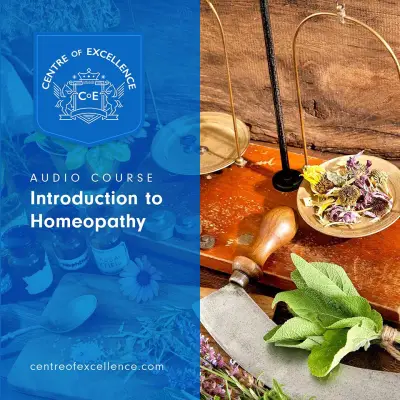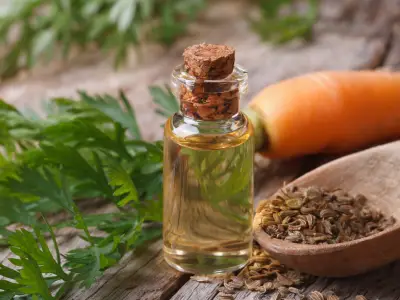If you’ve been exploring natural remedies for liver health or researching herbal supplements, you might have come across milk thistle. This striking plant, identified by its purple flowers and milky-white veins, is used to support liver health, aid digestion, and promote overall wellbeing. But what exactly is it, and how can it benefit you?
This guide explores the uses, benefits, and potential side effects of milk thistle, whether you’re considering it for liver detox, skin health, digestive support, or general health.
This article is for informational purposes only and is not a substitute for professional medical advice, diagnosis, or treatment. Always consult with your GP or a qualified healthcare professional before starting any new herbal remedies, especially if you are pregnant, breastfeeding, taking medication, or managing a health condition.
Jump to:
- What is Milk Thistle?
- The Benefits of Milk Thistle
- Types of Milk Thistle Supplements
- What is the Best Form of Milk Thistle to Take?
- How Much Milk Thistle Should You Take, and When?
- What Are the Side Effects of Milk Thistle?
- Who Should Avoid Milk Thistle?
- Is Milk Thistle Safe for Long-Term Use?
- Other Common Questions About Milk Thistle
- Study Our Master Herbalist Diploma for £29
Recommended for you!
Best SellersWhat is Milk Thistle?
Milk thistle, also known as Silybum marianum, is a flowering herb that belongs to the daisy and ragweed family. The plant is native to Mediterranean countries but is now found worldwide. Its seeds contain silymarin, a potent antioxidant compound believed to have anti-inflammatory and liver-protective properties.
Milk thistle is available in various forms, including capsules, tablets, tinctures, teas, and topical creams. It is commonly used to support liver function, detoxify the body, and improve skin health.
The Benefits of Milk Thistle

Let’s explore the key benefits of milk thistle and how it may help you.
Liver Health Support
One of the primary reasons people turn to milk thistle is its reputation as a powerful liver-supporting herb. The silymarin found in milk thistle is thought to protect liver cells from toxins, reduce inflammation, and encourage the regeneration of damaged cells. For those dealing with conditions such as fatty liver disease, hepatitis, and cirrhosis, milk thistle is often taken as a supplement to help reduce liver enzyme levels, a marker of liver function.
Studies suggest that milk thistle may play a role in improving liver health by acting as a natural detoxifier, promoting the elimination of toxins and supporting the liver’s ability to process and break down substances such as alcohol. This has made it a popular choice for those looking to minimise the impact of alcohol consumption or recover from a heavy night of drinking.
For those wondering whether milk thistle can support fatty liver disease, the answer is often yes. While it is not a cure, it may assist in reducing inflammation, protecting liver cells, and aiding in the body’s natural detoxification processes.
Detoxification and Digestive Support
Milk thistle is often regarded as a liver detoxifier, but its benefits extend to digestive health as well. By stimulating bile production, it may help the body break down fats more effectively, easing digestion and reducing bloating and discomfort after heavy or fatty meals.
Milk thistle is also considered helpful for digestive health as it promotes the elimination of waste and toxins from the body, supporting gut health and potentially reducing issues such as constipation.
Skin Health Benefits
Milk thistle is also valued for its potential skin benefits. As a potent antioxidant, silymarin is thought to help protect the skin from oxidative stress and inflammation, which are common contributors to skin conditions like acne, psoriasis, and eczema.
People who incorporate milk thistle into their skincare routine or supplement regime often report improvements in the clarity and texture of their skin. Some suggest that it may even have anti-ageing effects, as its antioxidant properties can help to neutralise free radicals that contribute to the appearance of fine lines and wrinkles.
For those suffering from skin conditions, milk thistle may help reduce redness, inflammation, and irritation, promoting a clearer and more youthful complexion. While it is not a direct treatment for acne or eczema, its role in reducing inflammation and supporting detoxification can have a positive impact on overall skin health.
Weight Loss Support
While milk thistle is not specifically marketed as a weight loss supplement, it may have some indirect benefits for those looking to manage their weight. By supporting liver function, milk thistle can aid in the body’s ability to metabolise fats more efficiently. This, in turn, may help to regulate blood sugar levels and prevent the buildup of excess fat in the liver.
Some people also use milk thistle as part of a detox, believing that by supporting the liver’s ability to process and eliminate toxins, it may help to reduce bloating and improve overall metabolic function. However, it is important to note that while milk thistle may aid in detoxification and metabolic support, it is not a standalone weight loss solution.
For those considering milk thistle as a part of their weight management routine, it is best to use it in conjunction with a balanced diet and regular exercise.
Types of Milk Thistle Supplements
Milk thistle supplements come in a variety of forms, allowing you to choose the best option based on your health goals and daily habits. You’ll find it available as capsules, tinctures, powders, teas, topical creams, and combination formulas. Some forms are better suited for ongoing liver support, while others are ideal for quick absorption or targeted skin applications.
What is the Best Form of Milk Thistle to Take?
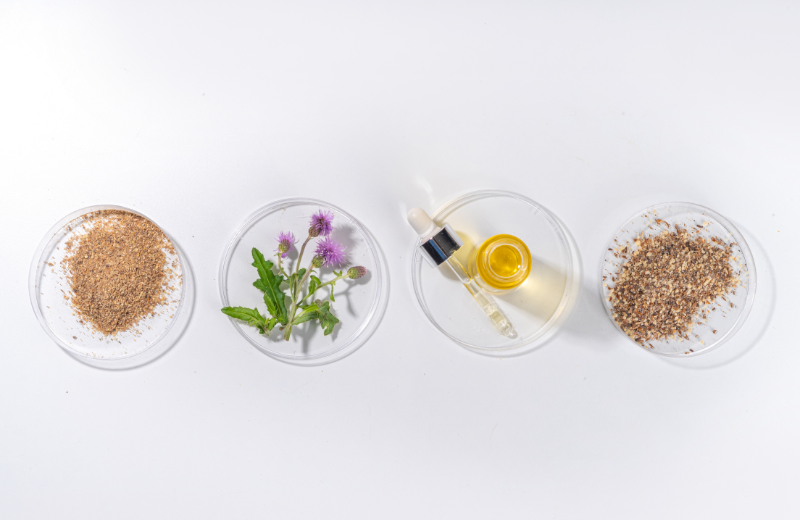
- Capsules: Capsules are a practical and straightforward way to take milk thistle. They contain pre-measured doses, making them easy to incorporate into a daily routine. Capsules are an excellent choice for those who prefer a simple, no-preparation option for liver support.
- Tinctures: Herbal tinctures are concentrated liquid extracts that are usually taken under the tongue or added to water. They provide rapid absorption and are ideal for those looking for a potent, fast-acting form of milk thistle. Tinctures allow for flexible dosing and are often preferred by those familiar with herbal remedies.
- Powders: Milk thistle powder is a versatile option that can be mixed into smoothies, herbal drinks, or sprinkled over food. It allows for customisable dosing and is a popular choice for those who enjoy incorporating herbs into their diet.
- Teas: Milk thistle tea offers a soothing, mild way to enjoy the herb. It’s often used for digestive support and liver cleansing.
- Topical Creams: Topical milk thistle creams are designed for targeted skin care. They are often used to soothe irritation and reduce inflammation in conditions like eczema or psoriasis. Creams provide antioxidant and anti-inflammatory benefits directly to the skin, making them ideal for those looking to improve skin health.
- Combination Formulas: Some milk thistle products include additional herbs or nutrients like turmeric, dandelion root, or artichoke extract. These blends are designed to provide comprehensive support for liver health, detoxification, and overall wellbeing. Combination formulas are a good option for those looking to address multiple health concerns with a single supplement.
How Much Milk Thistle Should You Take, and When?
Typical daily dosages of milk thistle range from 200 mg to 600 mg of silymarin, depending on the form, strength, and purpose of use. Lower amounts are often used for general liver support and ongoing maintenance, while higher doses may be recommended for those with liver conditions or during a targeted detox.
If you’re new to milk thistle, start with a lower dose and gradually increase it as your body adjusts. Capsules and tinctures provide clear dosing, while powders and teas allow for more flexibility.
Many people choose to take milk thistle in the morning to support liver function throughout the day, while others prefer taking it in the evening to aid in overnight detoxification. Some also take it after heavy meals to support digestion and reduce bloating.
For best results, milk thistle can be taken daily, especially during periods of increased stress, exposure to toxins, or after alcohol consumption. Consistency is key, and it is recommended to consult a healthcare provider for personalised dosage guidance.
What Are the Side Effects of Milk Thistle?

Milk thistle is generally well tolerated when taken in recommended amounts, but like any supplement, it can cause side effects in some people, particularly if taken in high doses or without proper guidance. Common side effects may include:
- Digestive discomfort, such as nausea, bloating, or diarrhoea
- Headaches or mild dizziness
- Skin reactions or itching (rare)
- Allergic reactions, particularly for those with ragweed allergies
These effects are usually mild and temporary. However, it’s important to monitor your response when starting milk thistle and adjust the dosage if needed. To reduce the chance of side effects, start with a low dose and gradually increase it as your body adapts.
Who Should Avoid Milk Thistle?
While milk thistle offers numerous health benefits, it’s not suitable for everyone. Those with hormone-sensitive conditions, such as breast or uterine cancer, should avoid using milk thistle, as it may have oestrogen-like effects.
People taking medications that affect the liver, blood pressure, or cholesterol should consult a healthcare provider before adding milk thistle to their routine, as interactions are possible. Milk thistle may also interfere with certain medications, such as blood thinners and antidepressants.
Pregnant and breastfeeding women are advised to avoid milk thistle unless under the supervision of a qualified practitioner, as there is limited safety data for these groups. It’s also recommended that children avoid milk thistle supplements unless specifically recommended by a healthcare professional.
Is Milk Thistle Safe for Long-Term Use?
For most healthy adults, milk thistle is considered safe for ongoing use when taken at appropriate dosages.
However, because every body is different, long-term use is best approached with caution. Many herbalists recommend taking milk thistle in cycles, such as during times of increased toxin exposure or after periods of alcohol consumption, rather than continuously year-round.
Consulting with a healthcare provider can provide personalised guidance on the safest approach to using milk thistle long-term.
Recommended for you!
Best SellersOther Common Questions About Milk Thistle
Can Milk Thistle Help With Hangovers?
Some people take milk thistle to reduce hangover symptoms, as it’s thought to support liver function and aid in detoxification. While some users report feeling less bloated and more energised, scientific evidence on its effectiveness for hangovers is limited.
Can Milk Thistle Cause Diarrhoea?
Digestive discomfort, including diarrhoea, is one of the most common side effects associated with milk thistle. Starting with a low dose and gradually increasing it can help minimise this effect.
Does Milk Thistle Interfere With Medications?
Milk thistle may interact with certain medications, particularly blood pressure, cholesterol, and blood-thinning drugs. It is essential to consult a healthcare provider before combining milk thistle with prescribed medication.
Does Milk Thistle Raise Oestrogen Levels?
Milk thistle contains compounds that may mimic oestrogen in the body, potentially affecting hormone-sensitive conditions. Those with oestrogen-related health issues should consult their doctor before using it.
How Long Does It Take for Milk Thistle to Work?
The effects of milk thistle can vary depending on the dosage and individual health condition. Some people may notice benefits within a few days, while others may need several weeks to experience noticeable improvements.
Can Milk Thistle Help With Acne?
Milk thistle’s antioxidant properties may help reduce inflammation associated with acne and other skin conditions. Regular use may also support liver detoxification, which can indirectly benefit skin health.
Can You Take Milk Thistle With Alcohol?
While some people use milk thistle to reduce the effects of alcohol on the liver, taking it simultaneously with alcohol may diminish its effectiveness. It is best taken before or after alcohol consumption, not during.
Does Milk Thistle Reduce Cholesterol?
Some studies suggest that milk thistle may help lower LDL cholesterol levels due to its antioxidant properties. However, it should not replace prescribed cholesterol-lowering medication without medical advice.
Study Our Master Herbalist Diploma for £29
If you’re interested in learning more about milk thistle and other herbal remedies, why not deepen your understanding? Whether you're a beginner or looking to expand your knowledge, Centre of Excellence offers a detailed Master Herbalist Diploma Course, designed for people of all levels.
The course covers everything from herb identification and preparation to building herbal blends for specific emotional and physical needs. Follow the link to access the course for just £29!

